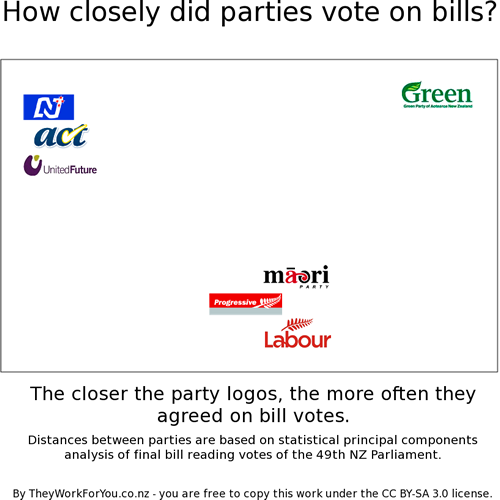Thanks for all the nominations this week. We’ve selected Eric Crampton’s nomination of a “mutant statistic” to be this week’s winner:
Here’s TVNZ’s quote: “Australia’s Cancer Council said the Senate should end the political delays and get on with passing the legislation, with authorities estimating smoking now kills 15,000 Australians each year and costs the health system $32 billion.”
The $32 billion figure comes from Collins & Lapsley’s report on the social costs of alcohol, tobacco, and other drugs.
Most importantly, $32 billion figure counts a host of tangible and intangible costs that fall on the smoker, those around the smoker, and the public health system. Only $312 million of the $32 billion, according to the report, counts as a net health cost. Just look at the first table at xii in the Executive Summary.
I get really really annoyed at how these big numbers, which mostly consist of costs borne by the smoker or drinker himself, get twisted by activists like the Cancer Council to build support for policies that further beat on smokers and drinkers. There can be a case for anti-smoking policy. But it oughtn’t be based on lies. Smokers pay more in tax than they cost the health system in any country that has a reasonably large tobacco tax and a reasonably large public pension system.
This is a classic example of using the wrong definition for a figure (we noted the table said $318.4 million rather than $318 million) – a common problem with statistics – and $32 billion is rather different from $318 million!
